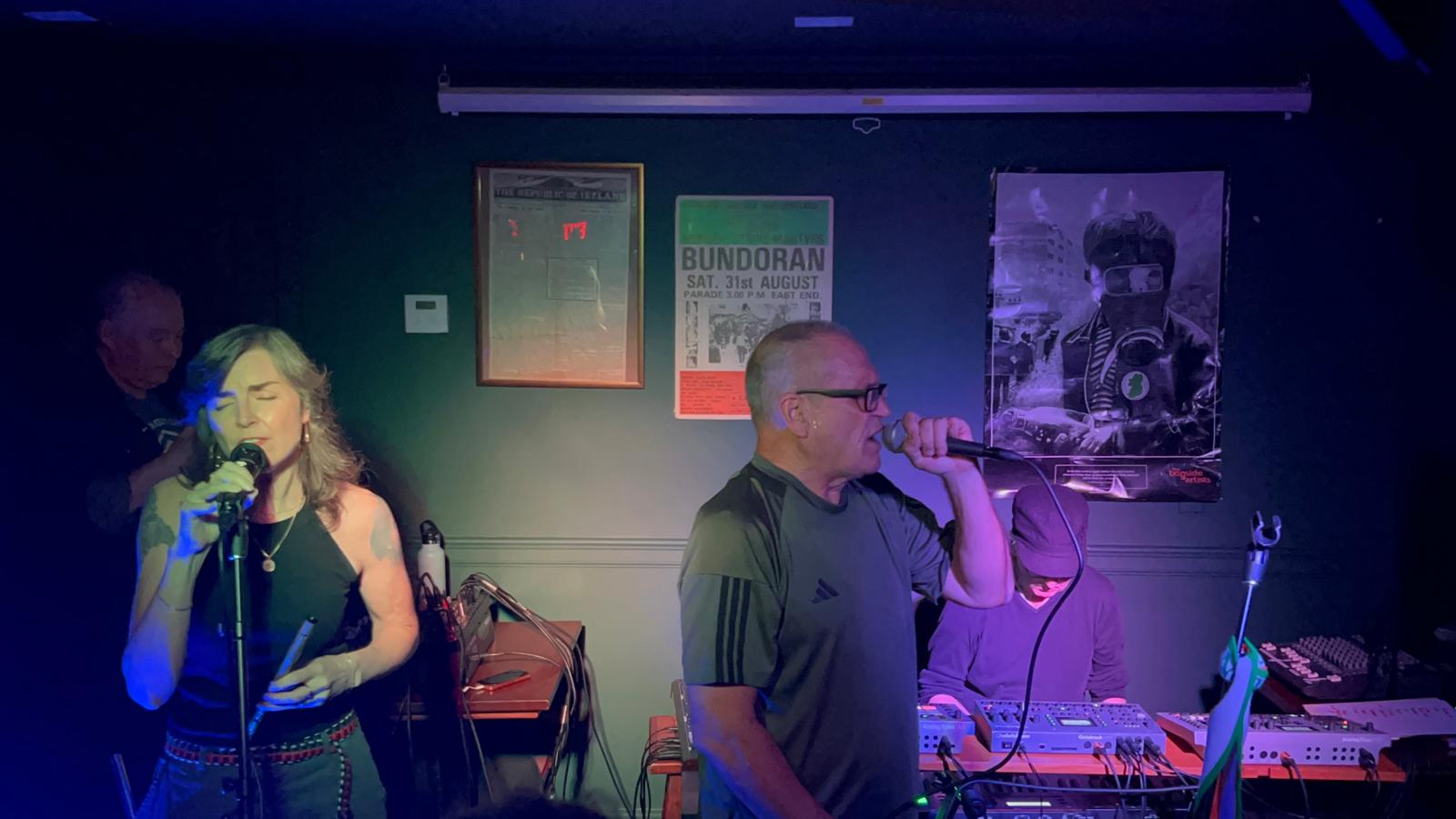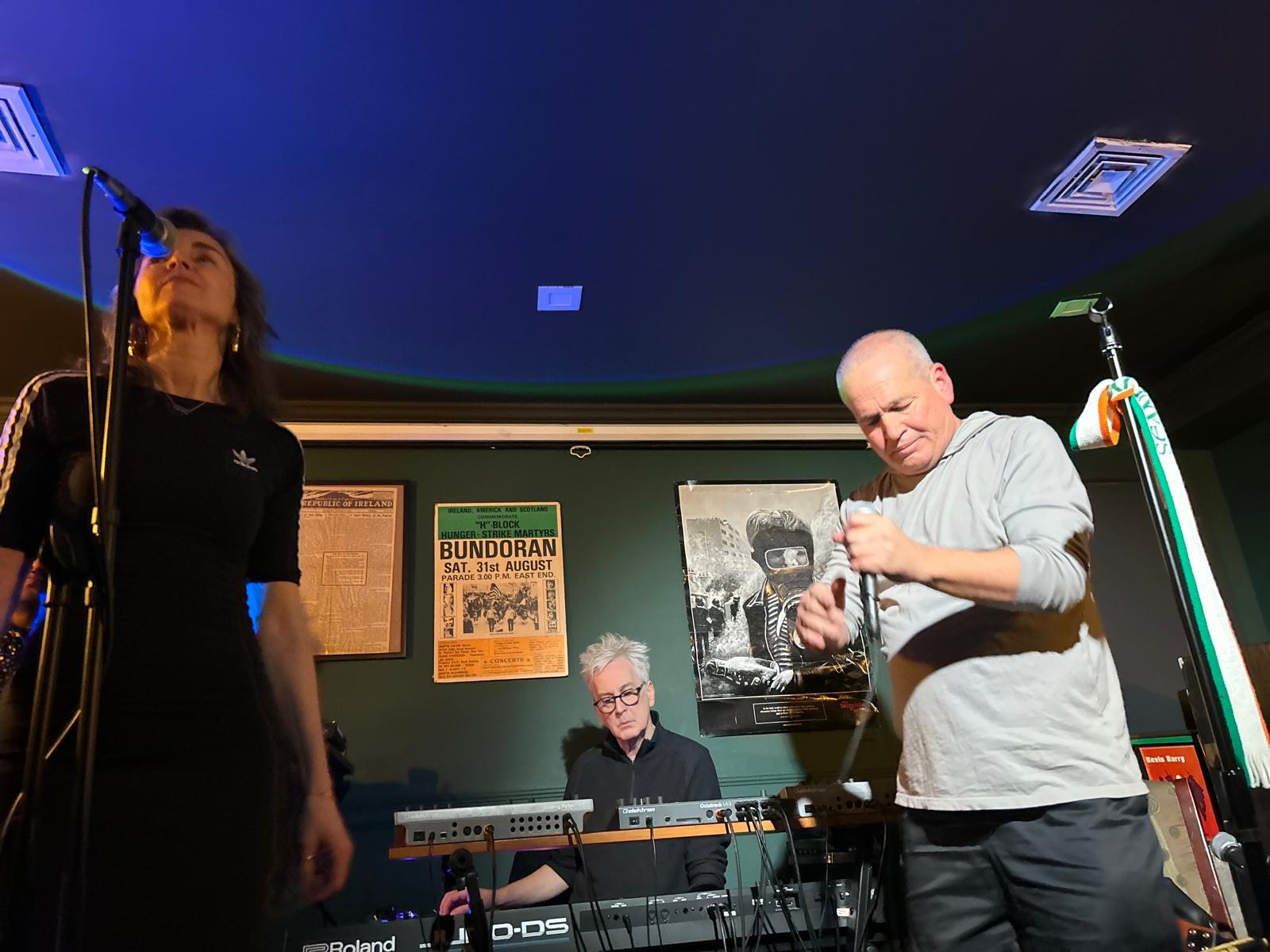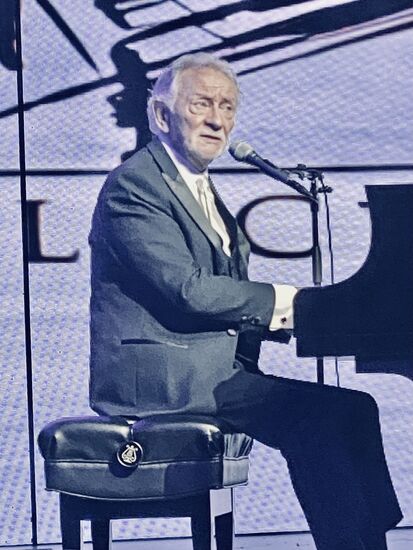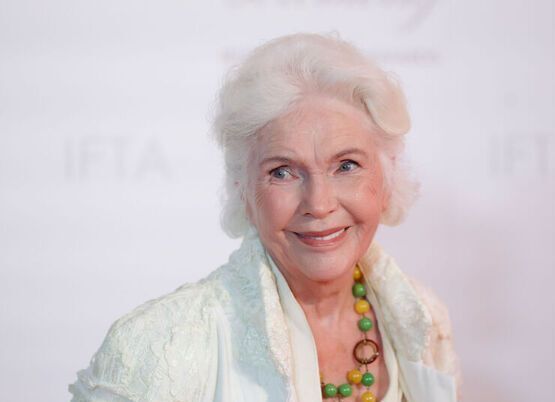Unrepentant Fenian Bastard – I first heard the refrain blaring from a small transistor radio on the Garvaghy Road in Portadown, Armagh. It was the late 1990s, and though I was constantly assured the war was over, in this place it didn’t feel that way yet. The Catholic ghetto, ringed with barbed wire and soldiers, had been subjected to nearly a fortnight of British supremacist songs and chants drifting down from Drumcree — the imperial boast of “Rule Britannia” alongside “The Billy Boys,” with its promise of Fenian blood. Army helicopters hovered so low you could feel the rotors rattling the terraced rooftops. A woman shouted to me through the din that the bonfires beyond were likely devouring Irish tricolours, portraits of “our hunger strikers,” even statues of Our Lady.
But over it all, from the pirate radio signal on “The Road,” blasted a chant that flipped centuries of insult into pride: Pump your fist if you love freedom, Fenians! Pump your fist if you love culture, Fenians! A neighbor opened her kitchen window to add her own radio to the volume, a passing carload of neighborhood teenagers called out Fenians! and little kids on the curb roared it back, raising their fists in solidarity.
I seemed the only one who didn’t know the song. Just days earlier I had arrived in Belfast city centre. I was there to volunteer as an “international observer” during the July marching season, when the Orange Order paraded through Catholic neighborhoods celebrating William of Orange and the conquest of the natives. On that first day a passing car shouted dirty Fenians! at my hosts, a bottle smashing at our feet. And now here was the same word – turned from epithet to heroic–carried on a hip hop beat with punk attitude, spliced with Brooklyn edge and Irish defiance.
From then on, I heard of Seanchaí everywhere — from the Garvaghy Road to the equally besieged Lower Ormeau Road in Belfast — until I finally found myself at Rocky Sullivan’s tavern on Lexington Avenue in New York, their Manhattan home base. The walls were covered with images of Joe Strummer, Shane MacGowan, labor-union paraphernalia, and a plaque honoring all ten Irish hunger strikers. Here politics and culture were the same beat. Seanchaí, born of the legendary bands Black 47 and Paddy-A-GoGo, carried that fusion — punk, hip hop, Northern Soul, Irish Republicanism, and American class struggle.
Like Rocky’s, since their inception in 1994, Seanchai have held fast to the conviction that for the Gael the frontline of saoirse is culture — in the music, in an teanga, and in the pride that comes from telling your own story against the weight of master narratives. Years later, Rocky Sullivan’s would re-root in Red Hook, Brooklyn, and that spirit carried on in the pub-as-cultural center: in céilís, in trad music lessons, in Irish language classes, and in class-conscious political discourse. Even as the landscapes of New York and Ireland shifted, some things remained constant — community, solidarity, and devotion to saoirse.
And so they are back again.
Ar Ais Arís isn’t about something that disappeared, but about what endures. This is less a return than an echo of something eternal. Chris Byrne has always fused the politics of punk and Irish resistance with the rhythms of both hip hop and traditional Irish music. In this rebirthed Seanchai, he’s joined by Ursula Garry, a master on flute, tin whistle, and vocals, and Andrew Harkin, who brings the rebel groove to the dancefloor with his beats and synth. In Ar Ais Arís they stitch together past and present — hunger-strike slogans, Fenian pride, uilleann pipes, and a Wu-Tang shout-out. And cutting through it all is a salute to legendary Gaeilgeoir and radio broadcaster Rónán Mac Aodha Bhui, his mantra “Dorn san aer” (“fist in the air”) still ringing as both language-rights demand and resistance call. The refrain “Back Again” lands as a personal rallying cry, rising up as a communal promise, its gaze fixed on the future.
Still here, still making noise, still wielding words as weapons. This song embodies what Seanchai has always stood for: culture as survival, language as defiance, and music as the unrepentant heartbeat of a people who keep coming back.
Like Connolly said, when the fighting stops the real war begins.
Dorn san aer.
Michael Patrick MacDonald is author of All Souls: A Family Story from Southie and Easter Rising: A Memoir of Roots and Rebellion








